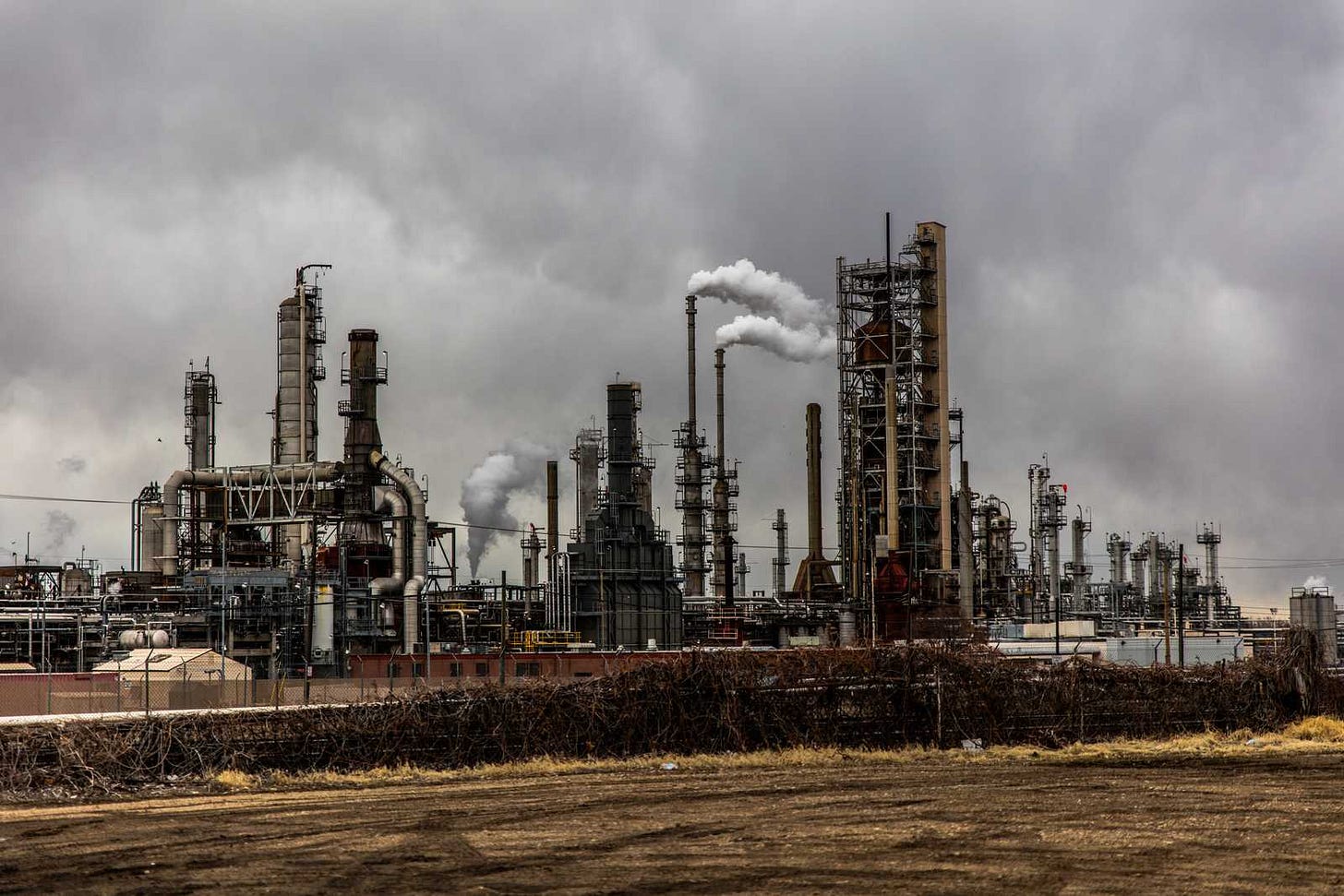Generalisations About Fossil Fuels
While environmentalists would want all kinds of fossil fuels to become history, a good look at the uses of oil and coal should sound a cautionary tale to those who believe the times of fossil fuels are past.
A great article in the Financial Times talks about the changing, and reducing importance of coal. A changing and reducing importance which, nonetheless, does not confine coal to oblivion. While environmentalists would want all kinds of fossil fuels to become history, a good look at the uses of oil and coal should sound a cautionary tale to those who believe the times of fossil fuels are past.
Oil
Oil, in particular, is a commodity seeing some resurgence. Natural Gas seemed to have stolen its thunder for a while, but oil is, definitely, coming back on the agenda (Indeed, some would argue it never left). The shale revolution in the US led to an immense amount of gas being released by fracking. In fact, it's quite easy to say that fracking led to a certain confidence among new drillers. Unlike conventional oil drilling, where the probability of a well being dry are high, fracking suffers far less from this particular problem. Unfortunately, the mix coming out of these wells is light and unsuitable for extracting heavier hydrocarbons like diesel.
There has been a measurable decline of diesel cars being sold: their sales in the UK market have dropped by 35%. Since petroleum is lighter than diesel, shale oil has led to an increase in the output of gasoline, but not diesel. In the short run, this will lead to a rise in the amount of carbon being released into the atmosphere. Diesel cars emit around 70%-80% the carbon petrol cars do, so this number truly has the potential to impact humanity's efforts to fight climate change.
While a good amount of oil is being used to drive transportation across the world (It is safe to say that the exchange rate between a barrel of oil and the greenback is the most important ratio in the world today), one would do well to remember that around 40% of oil is being used by the petrochemicals industry. A world without plastics is the other dream of environmentalists, but it seems a distant one for sure.
Oil companies know that their revenues are at risk, and are diversifying into other kinds of energy. Shell has stated that it wishes to become an energy company, no matter what type of energy it may be, and it's clear that others will follow. Trying to predict the nature of a market in which both electricity and oil companies will compete on an even footing is hard, but it will happen within our lifetimes.
Coal
Coal is a much tougher nut to crack. Adani's investment into Australian coal mines tells us that the era of coal isn't quite as over as one believes. While Europe and the United States seem to have passed "peak coal", developing countries like India and China definitely haven't. The problem of baseload power hasn't yet been solved by renewable energy. And in absence of any credible alternative, governments are quick to turn towards the cheapest source they have, coal.
According to Glencore, there is around 1 billion tonnes of coal-fired electricity worth of new capacity coming up in Asia alone. And this is leading to a renewed surge of demand from places which supply high-quality coal, like Australia. The price of high-grade bituminous coal from Australia has jumped from $80 to $90 per tonne on the back of strong demand.
So while one can expect to see old companies go bankrupt in the States and the EU, it would be prudent to keep an eye out on others in Asia and Australia: they might return good yields on investment.
The Environment
What does this mean for the environment? In short, it means that we need to do more. Technology is the light which will illuminate our darkness. Energy tech needs to make longer and longer leaps if we are to gift a habitable planet to future generations. And energy policy needs to keep up. Carbon taxes, if implemented correctly, are the best foot any government can put forward. India, in particular, having shown that it can organise its market around a Goods and Services tax, can and should work towards creating a unified carbon market as well. We've had success in increasing green cover throughout the country. A lot more can, however, still be accomplished with the correct set of policies driving growth into greener directions and pastures.

